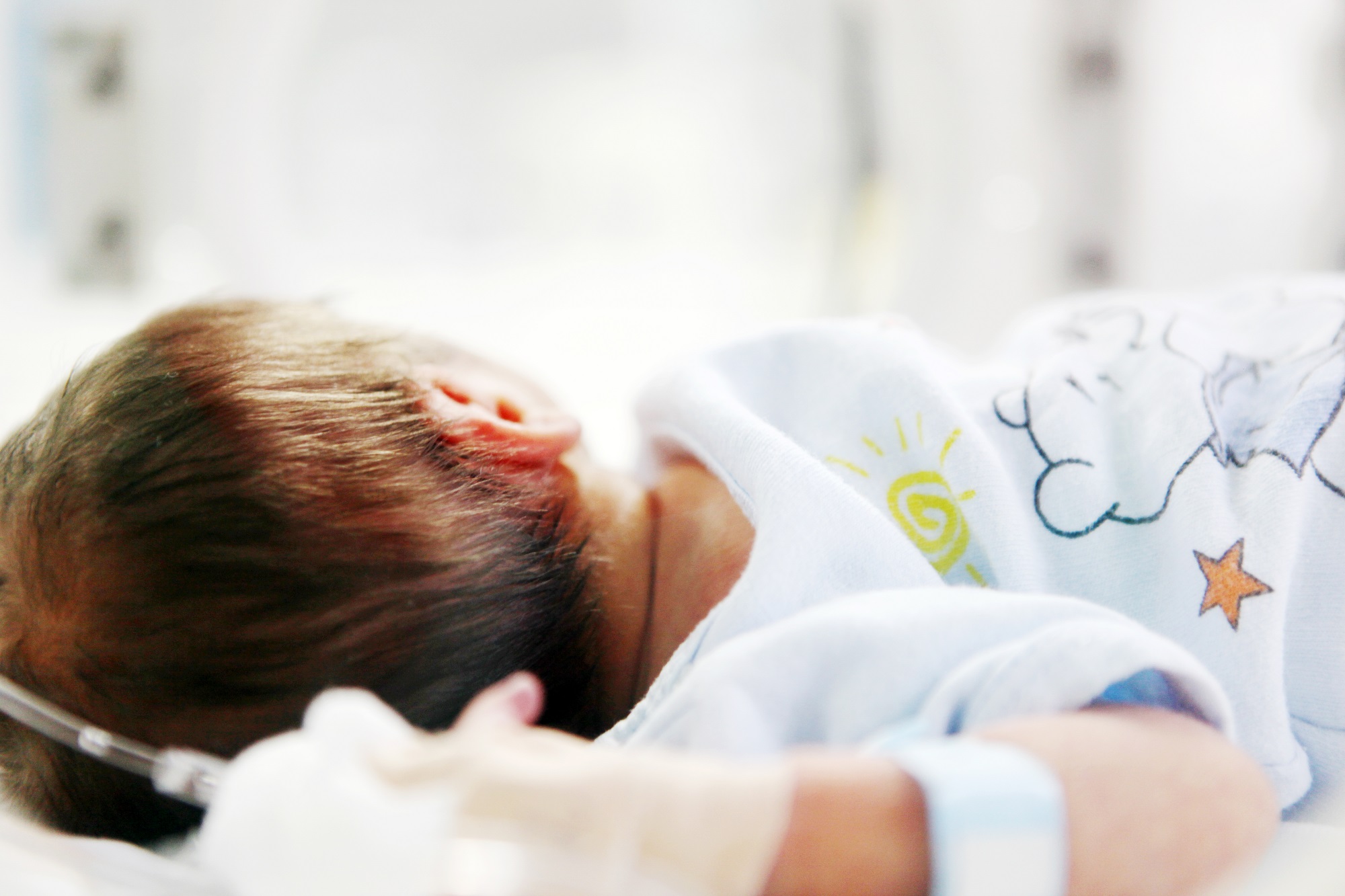
Access to life-saving genomic testing for critically-ill children across Australia is a step closer, with the release of a new study that finds ultra-rapid testing can transform the diagnosis and treatment of children in intensive care.
The ground-breaking research was recognised last month with a $5 million grant from the Federal Government’s Medical Research Future Fund, which will enable it to expand to all the states and territories.
The Australian Genomics study, the findings of which are published in the latest Journal of the American Medical Association, tested 108 critically ill babies and children admitted to intensive care units in 12 Australian hospitals with genetic conditions.
Test results were returned in just three days for most patients – a process that usually takes three to six months – with 51 per cent leading to a diagnosis and a change in clinical care in 75 per cent of those diagnosed.
Ultra-rapid genomic results in ICU mean the end to invasive tests for a child and reduce uncertainty for the family and treating teams. It allows parents to better understand why their child is sick, how to manage their condition and how to plan for the future. For a small number of children, a timely diagnosis enables precision treatments.
We now have the technology and team capacity that enables us to consistently deliver a rapid diagnosis within the urgent time-frames needed when children are in intensive care,” said laboratory lead Dr Sebastian Lunke of Victorian Clinical Genetics Services.
“Importantly, we have provided ultra-rapid testing simultaneously across many hospitals in Australia, transforming patient care, and providing a blueprint for a national rapid genomic diagnosis service,” said clinical lead Associate Professor Zornitza Stark of Australian Genomics and Victorian Clinical Genetics Services.
The next stage of the study will test more than 240 critically-ill children over three years using whole genome sequencing as a first-tier test in diagnosing rare disease. It will scale up rapid testing capacity in all states and territories.
The Acute Care Genomics study was initially established with funding from Australian Genomics, The Royal Children’s Hospital Foundation, the Sydney Children’s Hospital Network, and the Channel Seven Children’s Research Foundation.
The paper, Feasibility of Ultra-Rapid Exome Sequencing in Critically Ill Infants and Children With Suspected Monogenic Conditions in the Australian Public Health Care System is available here.
Media contact: Dorothy Illing
dorothy.illing@mcri.edu.au 03 9936 6224; 0458 549 940
Australian Genomics is an independent research collaboration launched in 2016 to build the evidence and inform policy for the integration of genomics into mainstream healthcare. It represents 80 organisations including hospitals, research institutes, universities, sequencing laboratories and community groups across Australia. We are funded by the National Health and Medical Research Council and the Medical Research Future Fund.

